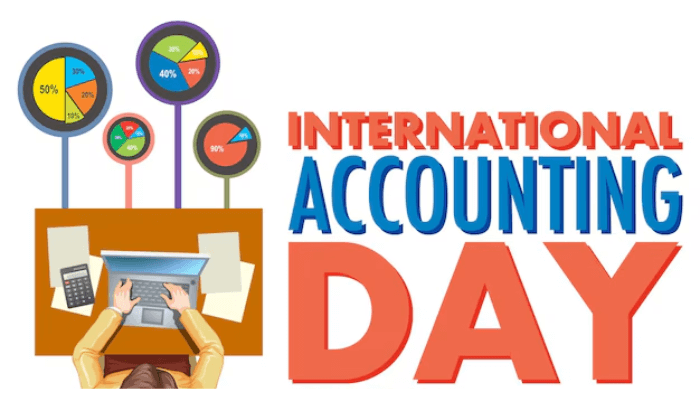World Accounting Day and the value of professional credibility
Every year on November 10, the global accounting community, Nigeria included, marks World Accounting Day, a moment inspired by Luca Pacioli, the 15th-century scholar widely regarded as the father of modern accountancy. Beyond the ceremonial recognition, the day forces a deeper reflection: what is the true value of accountants in today’s economy, and what standards should guide the next generation entering the profession?
In a country where financial mismanagement is often the headline rather than the exception, the role of accountants cannot be overstated. They sit at the centre of transparency, corporate governance, public accountability and risk management. Their work determines whether capital flows confidently into an economy or flees it. Yet for young Nigerians aspiring to reach the pinnacle of professional practice, the path is increasingly complex and the choices more consequential.
A crowded landscape of credentials
For ambitious students and early-career professionals, the decision between ICAN, ACCA, CIMA, CPA Canada, ICAEW, ICAG and other global certifications can feel overwhelming. These designations represent the highest tiers of professional recognition, and each demands intellectual rigour, technical competence and years of perseverance.
In Nigeria, ICAN retains a statutory advantage. The ICAN Act of 1965 empowers the Institute of Chartered Accountants of Nigeria to regulate accounting practice in the country and confer the ACA designation. ACCA, established in the UK in 1904, confers the globally recognised ACCA designation. Both bodies train accountants in IFRS, IAS, ISA, IPSAS and other international standards. Both require practical experience, strict ethics compliance and deep professional discipline. And both are members of IFAC, the global body governing accounting practice.
Ultimately, the choice between ICAN, ACCA or any other certification should depend on one’s career ambitions. But whichever route is chosen, the journey requires sacrifice, resilience and an unwavering commitment to professional integrity, a quality Nigeria desperately needs.
Why the Nigerian regulatory context matters
A major turning point came with the repeal of the NASB Act and the enactment of the Financial Reporting Council of Nigeria (FRCN) Act of 2011. The law elevated the standards for professional recognition in two important ways.
First, anyone aspiring to serve as Chief Financial Officer in Nigeria must belong to either ICAN or ANAN.
Second, only members of these two bodies may sign or endorse audited financial statements, and they must be registered with the FRC.
These provisions are not mere bureaucratic hurdles; they protect the integrity of corporate reporting and shield the public from reckless financial practices. In a country where weak internal controls can wreck entire institutions, this regulatory clarity is essential.
Accountants as the custodians of public trust
As the world marks this year’s World Accounting Day, it is worth reflecting on the many roles accountants play, roles that extend far beyond balancing books. They serve as:
Bookkeepers and financial reporters ensure accurate records.
Corporate and public sector accountants shape how institutions communicate performance.
Tax consultants who help organisations comply with evolving fiscal rules.
Auditors and assurance providers who safeguard investors and expose fraud.
Management and cost accountants who drive business efficiency.
Strategic financial managers influence long-term growth and competitiveness.
In each of these capacities, accountants reinforce the pillars of transparency and public trust. Their work confronts fraud, misappropriation and corruption, issues that have long discouraged foreign investors. A credible financial reporting ecosystem is not merely a technical necessity; it is a national economic aspiration.
Preparing the next generation
The journey to becoming a professional accountant remains demanding. It requires technical mastery, ethical discipline and guidance from quality training institutions. Tuition houses like Password Professional Tutors (PPT) Lagos have played an important role in preparing candidates for the rigours of ICAN examinations and shaping the next cohort of professionals.
But training alone is not enough. Nigeria needs accountants who see their work not only as a profession but as a public duty, one that influences investment decisions, shapes business survival and strengthens national credibility.
World Accounting Day is therefore more than a symbolic celebration. It is a reminder that without accountants, modern economies cannot function, and without professional integrity, accountants themselves lose relevance.
As the world celebrates again on November 10, Nigeria must recommit to protecting the standards, ethics and prestige of the accounting profession and to nurturing a generation of accountants capable of restoring confidence in our financial systems.
Dr Kingsley Ndubueze Ayozie FCTI, FCA; a Public Affairs Analyst and also a Chartered Accountant by profession, writes from Lagos.

